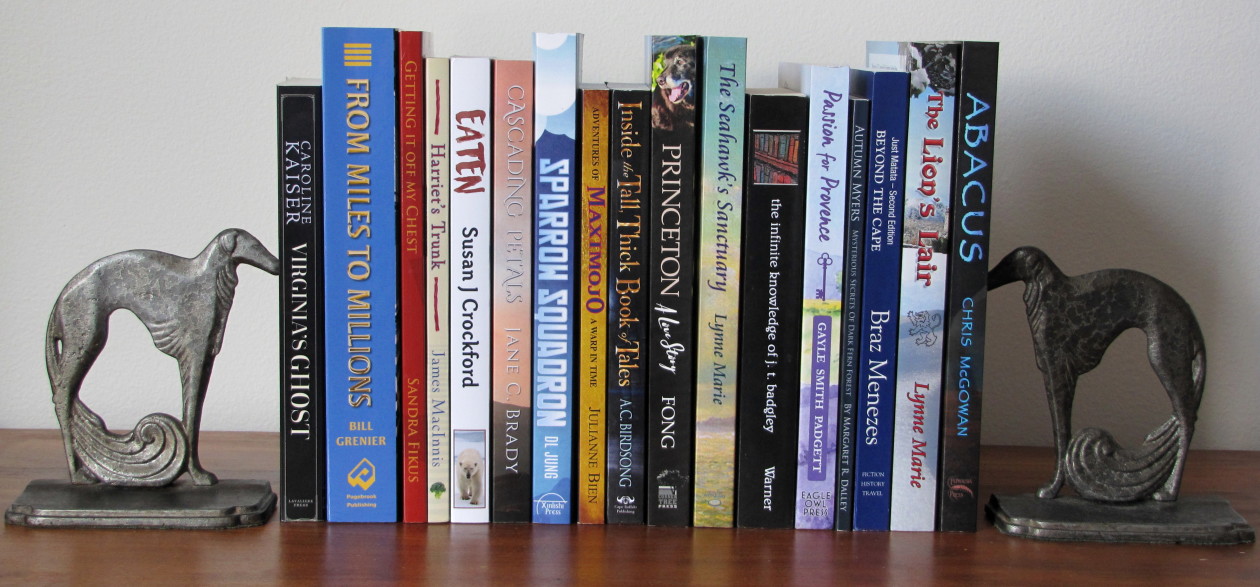James Scott Bell is a novelist and the author of several wonderful books on the craft of writing including Revision & Self-Editing. This book is a model of clarity and succinctness when it comes to delineating the essential elements of great fiction, and I’m convinced that it should be in the reference library of every fiction writer. The book is also wildly entertaining, peppered as it is with references to classic movies such as Casablanca and interesting little anecdotes.
One of my favourite anecdotes from the book concerns the writer Marcel Proust, who was once found writhing on the floor of his study by his housekeeper. No, Proust was not in the throes of a violent seizure. Instead, his contortions reflected his angst over what word he was going to write next. According to Bell, Proust was probably suffering from what he calls the perfectionist syndrome: the compulsion to make each sentence perfect before moving on to the next one.
Editors are well acquainted with perfectionism. Attention to fine, nitpicky detail seems to be in our blood, and we have sought out the editing profession because words are something we can control and strive to make perfect and beautiful. And our editorial training reinforces the idea that nothing less than perfection will do. Mistakes can be costly, we are told, and they are embarrassing as well, undermining our professional credibility. The perfect sentence is not just important, but crucial to our livelihood.
So what happens when people who spend an awful lot of time editing switch gears and write for a change? Not surprisingly, we often experience the sort of brain freeze that poor Mr. Proust was afflicted with. Our critic, which prides itself on its editorial prowess, dukes it out with our artist, which just wants to write. The critic, rather than going into hiding while we’re writing, is as opinionated and yappy as ever. It strikes fiercely at our creativity like someone pruning a sapling before it’s had half a chance to grow. In that quest for perfection, in which we painstakingly polish up each sentence before we dare write another, we stifle the artist, which just needs to get everything that’s inside us out there on the page, regardless of what condition it tumbles out in. It often seems that our creative impulses don’t have a hope.
Where’s the mute button? How do we go about shutting up the critic and letting the artist take centre stage? Bell has some good suggestions. Among them is a warm-up writing exercise involving just letting our prose flow for a few minutes without stopping to evaluate it. I’ve had some success with this technique, though I can’t deny that it’s difficult to lose myself in the process, as I’m often tempted to stop and fix mistakes as I make them. Which brings me to another one of Bell’s suggestions. “Any problem can be fixed,” he writes. Of course we know this–after all, our critic is an expert in fixing. But it needs to learn when to do the fixing, which is not while we’re struggling to get our words on the page in the first place. Otherwise, we end up like Proust–writhing, not writing.

 Follow
Follow